…a teaching hospital in remote, underdeveloped Sub-Saharan African country needed internet connectivity
Our goal was to set up a network for the campus and distribute internet connectivity across the rest of the campus and into the Doctors' homes.
Burundi is probably the neediest country that many of us have never heard of. Doctors in Burundi are a rarity and conditions are pretty desperate "Malaria is responsible for 40 percent of health-centre consultations and 47 percent of in-patient deaths in Burundi, but there is just one doctor per 34,744 people and two nurses per 10,000." This equates to only 300 Doctors in serving a country of 10 million.
The mission of the Kibuye Hope Hospital in Burundi, Africa is to become a teaching hospital and create a residency program. Their long-term goal is to grow the facility from a 100 bed center for medical, nursing, and paramedical students from Hope Africa University to a 300 bed center of medical care and education, including surgical, intensive care, emergency, ophthalmology, community health, and NICU services. This elevates the hospital to a national area of importance as these services are not available anywhere else in the region. The hospital received funding for a library and needs internet connectivity to be able to research medical publications, articles and blogs and to easily confer with doctors from other institutions.
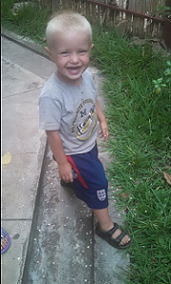
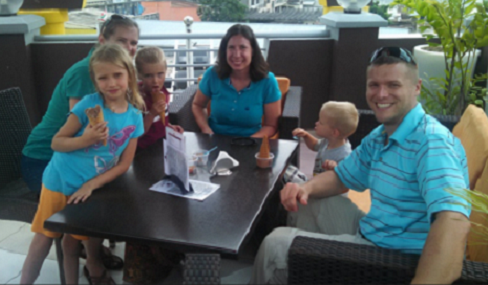
The US doctors are making multi-year commitments to growing the hospital which comes with a lot of personal sacrifice. They are thousands of miles away from friends and family for long periods in a poor, remote country where not many citizens speak English and it is difficult to keep in touch. They need to stay connected personally and professionally, to share pictures of their growing kids and their lives in Africa with parents, grandparents and family in the U.S., and to keep in touch with their donors ensuring those connections stay strong and relevant.
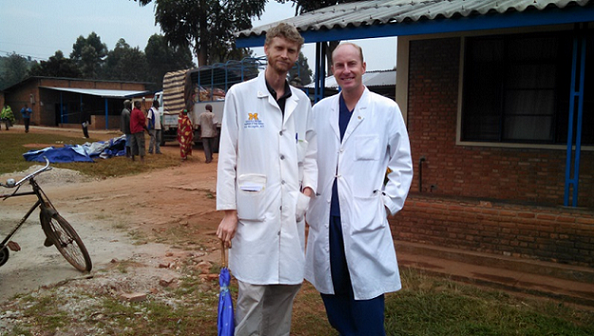
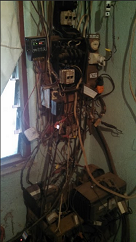 There were many obstacles to getting the campus online, almost everything is scarce and or
unreliable; the power is unstable and intermittent, there is no cell coverage nor are there any
reliable data networks. There is no networking equipment available and the campus staff did not
have the knowledgeable or experience to be able to set up and maintain a network.
There were many obstacles to getting the campus online, almost everything is scarce and or
unreliable; the power is unstable and intermittent, there is no cell coverage nor are there any
reliable data networks. There is no networking equipment available and the campus staff did not
have the knowledgeable or experience to be able to set up and maintain a network.
Electricity is not consistent and basic reliable equipment is hard to come by. Kibuye
Hospital has received some expensive medical equipment but the lack of a network prevents them
from fully taking advantage of the hardware and technology. This slows them down and makes them
less efficient when there are so many people to see over the course of a day.
The effort a Doctor has to go through to set a bone is another good insight to the need. When
a Burundian comes into the ER with a broken bone, the Doctor takes an x-ray, runs to another
building to look at the x-ray, then has to jog back to the ER with a mental image of the break
in order to be able to properly set the bone, the ER and Radiology buildings are circled red on
the map. If the Doctor was able to view the x-ray in the ER, speed and accuracy
would definitely be improved.
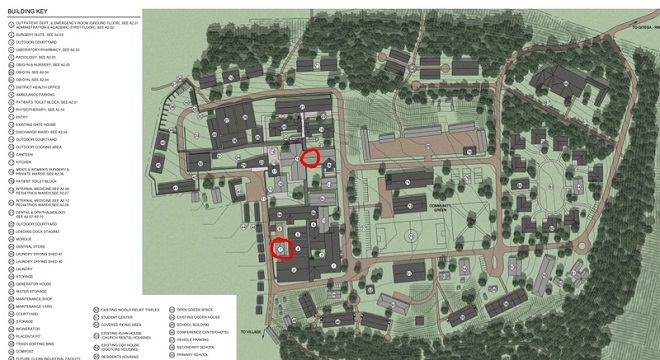
The Moxie Group technicians analyzed the need and created a network plan, taking into consideration the terrain, the distance between the buildings, the amount of data load the network would need to handle and the best way to construct a network given scarce items and the difficulty to obtain replacement items for maintenance. We bought the networking equipment, configured and staged the network and tested it at our offices. We had an engineer, the architect of the network plan fly to Burundi with the equipment and instal the network. Given the conditions, there was some creativity needed in the install. A tree and a water tower stood in as towers for the transmitters.
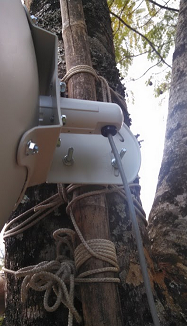
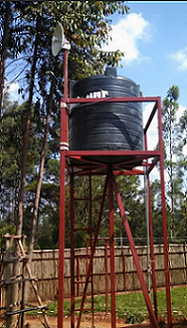
Burundi is in the top 5 poorest countries on the planet and their stats are astoundingly bad, they have the world's highest hunger levels, worse than Sudan, Chad and Ethiopia, they have the 10th lowest life expectancy at just under 54 years, they have rapid population growth and high rates of malaria. It's a mostly landlocked mountainous country in Central Africa. It borders Rwanda and Tanzania and the Democratic Republic of Congo and is struggling to survive after decades of civil war and ethnic cleansing.